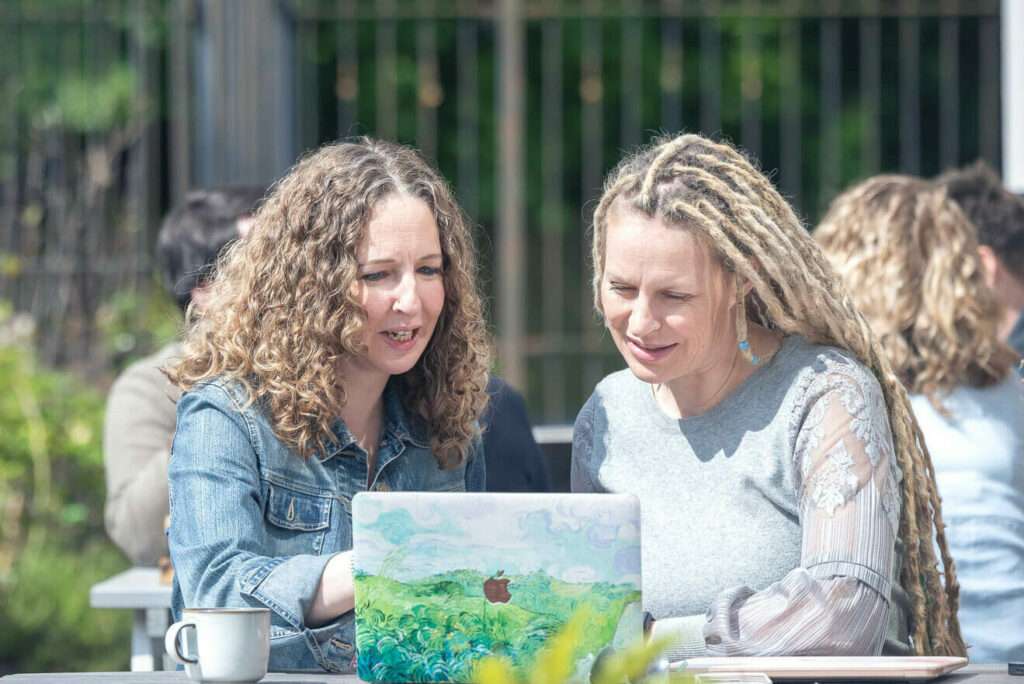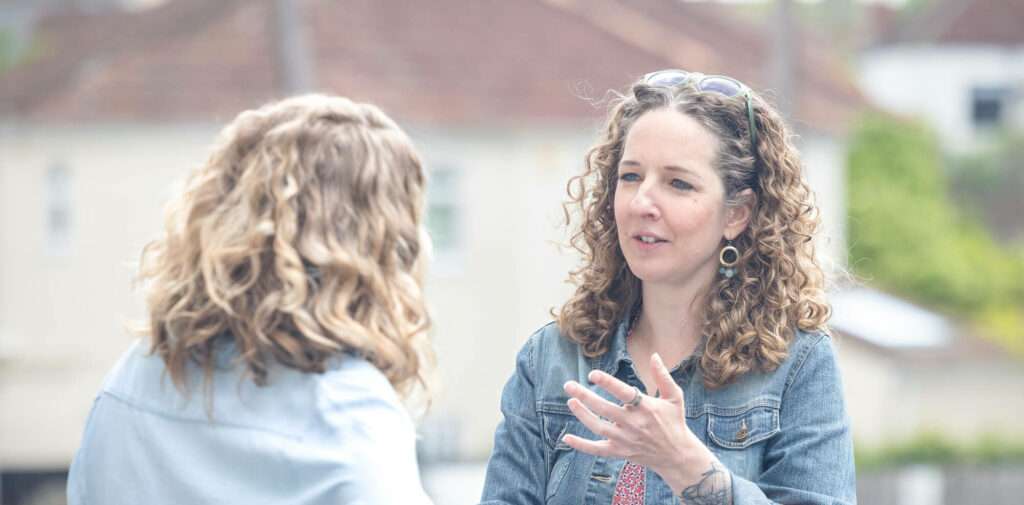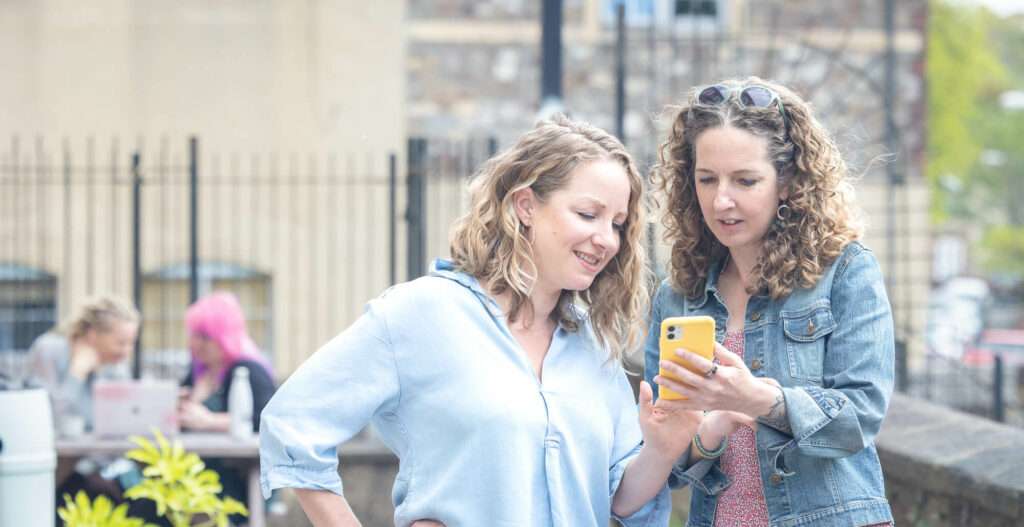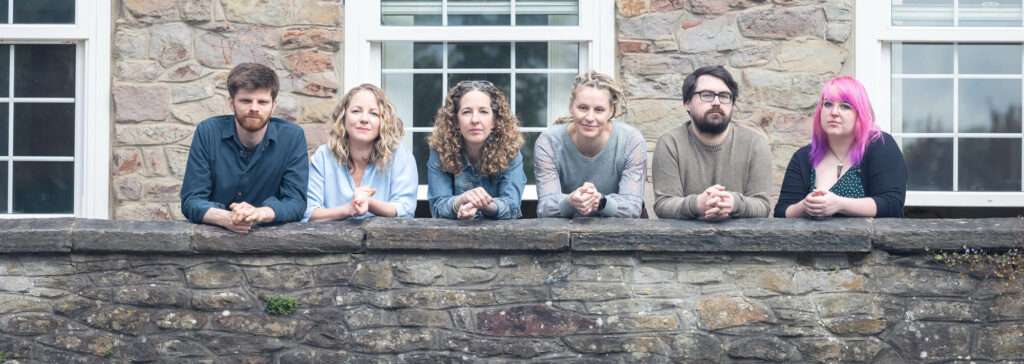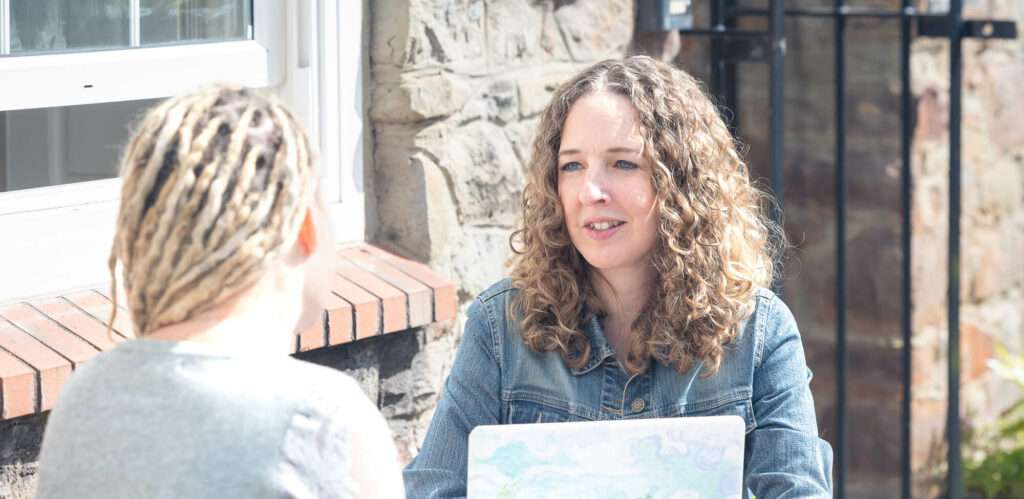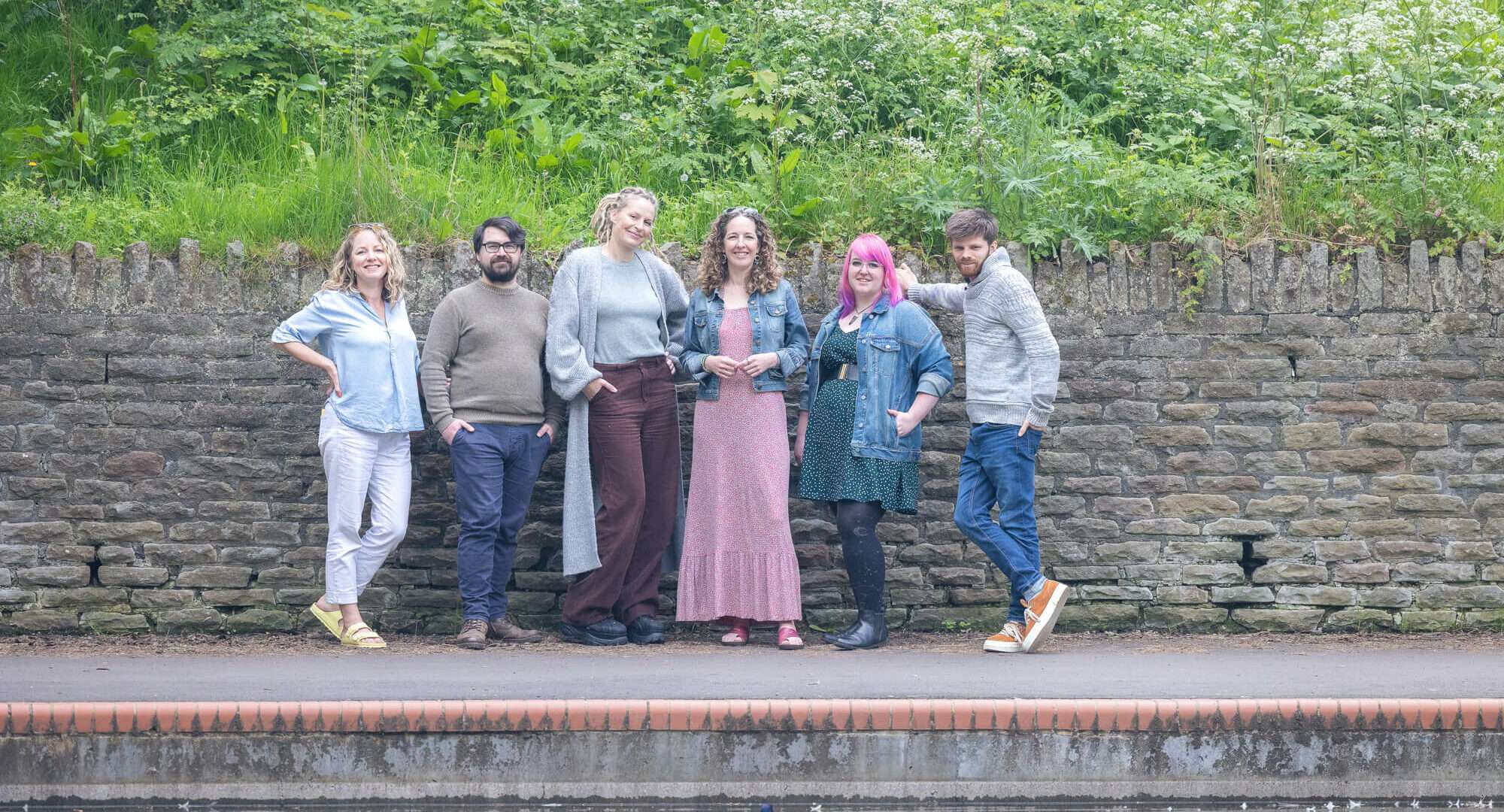
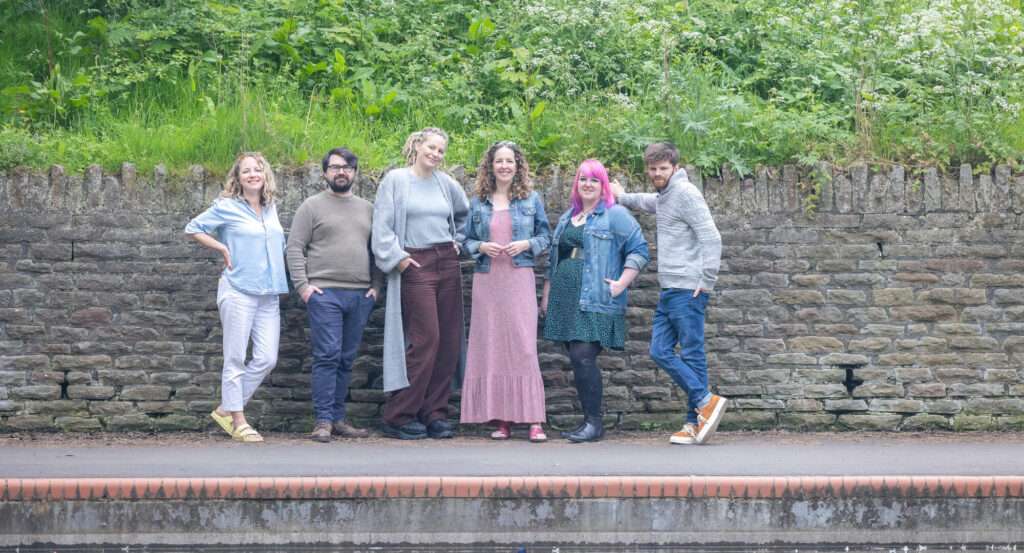
Why we don’t use the word “staff” – how copy communicates value
You know how sometimes you meet someone and you just get a feeling about them that you don’t like? You might not quite be able to put your finger on what it is, but you just sense that they’re a bit arrogant, or condescending, or untrustworthy.
Chances are that if you were to analyse the language they used in their conversation with you, you’d be able to spot a few words that helped you make this impression.
The words we use are incredibly powerful in communicating our personalities and our values. And this is just as true of businesses and other organisations as it is of individuals.
TL:DR
- Building a brand one word at a time
- A statement about relationship
- Creating a positive impression
- Language, gender and equality
Building a brand one word at a time
Brands are built on a million small things. Just look at how much thinking goes into the colours in a logo, for example. Businesses can spend thousands working out whether a particular shade of green is likely to be seen as trustworthy or whether a sample group of clients feels a certain shade of red feels aggressive rather than bold.
Language is similarly important. Your brand voice says a lot about who you are as a business. Are the words you use passionate or playful? Sassy or serious? Are you informative or irreverent?
Today’s consumers care about company values in a way they haven’t always in the past, and they’re more likely to spend their money with businesses that have similar values to their own. So it’s vital that you are clear about who you are as a business and what you stand for. And that you communicate this not only in what you say but how you say it.
Here are some of the language choices we’ve made at RH&Co and the reasons why we’ve made them.
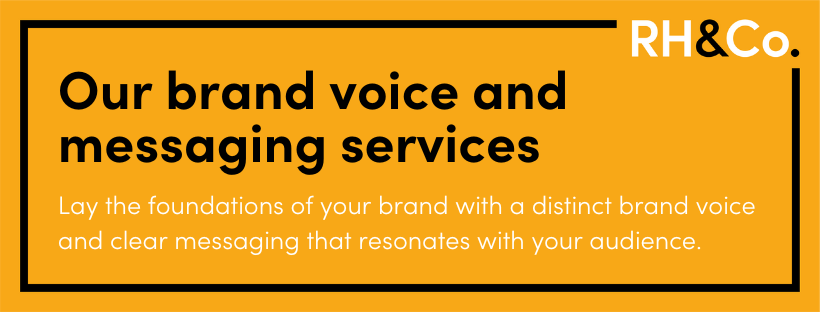
Words that build relationship
There’s something about the word staff that smacks of Downton Abbey. If we were to talk about our team members as “staff”, it would immediately reduce them to functional “human resources”, suggesting a hierarchy that simply doesn’t exist at RH&Co.
Instead, we always talk about “the team” or “our team members”, because that’s how we all see ourselves. Yes, technically they’re employees and Rin is “the boss” (a word she can’t abide) but that’s just not how we work. We operate as a cohesive whole. No one tells anyone what to do. We respect each other’s positions, skills and experience.
In the same way, Rin always talks about the people who work with her rather than for her. The way she sees it, we’re all working for the business, because the business is all of us. The better the business does, the better we all do, and vice versa. Again, it’s a team effort.
Keeping things positive
At RH&Co, we try to speak in a positive way. That doesn’t mean we don’t say things that might inherently have a negative aspect. It’s just that we try to use language and phrasing that presents it in the most positive way possible.
For example, when assessing a new client’s current website copy, one of the things we’ll cover is what’s working and what’s not. The “what’s not working” element is, naturally a negative, but we prefer to frame it in terms of where there might be room to get their copy working even harder for their business. In this way, we keep the focus on the positive end results of changing that copy which isn’t working.
What does this have to do with values? Well, as a business we want people to feel encouraged rather than criticised. Yes, there’s a lot of really terrible website copy in the world. Yes, there are many businesses that aren’t creating content strategically. But being critical isn’t in our DNA. Instead, we’re enthusiastic about the possibilities for improvement and the benefits this can bring to our clients.
Language and DEI equality
How we use language can powerfully express our values around diversity, equity and inclusivity. For example, society tends to default to a male pronoun – chairman, headmaster etc. By deliberately using chairperson, head teacher and so on, we begin shifting the narrative away from gender and towards inclusivity.
Inclusive language can feel like a minefield, with the “rules” seeming to change on a regular basis. If you’re looking for guidance, Oxfam’s Inclusive Language Guide is an excellent resource that covers a huge range of subjects, from gender to disability, and is something we refer to time and again.
Of course, diversity, equity and inclusivity are about much more than language. But don’t underestimate the power that language has to change the status quo. Words make a difference. And the words we choose say a lot about the values we hold.
Back to hompeage


